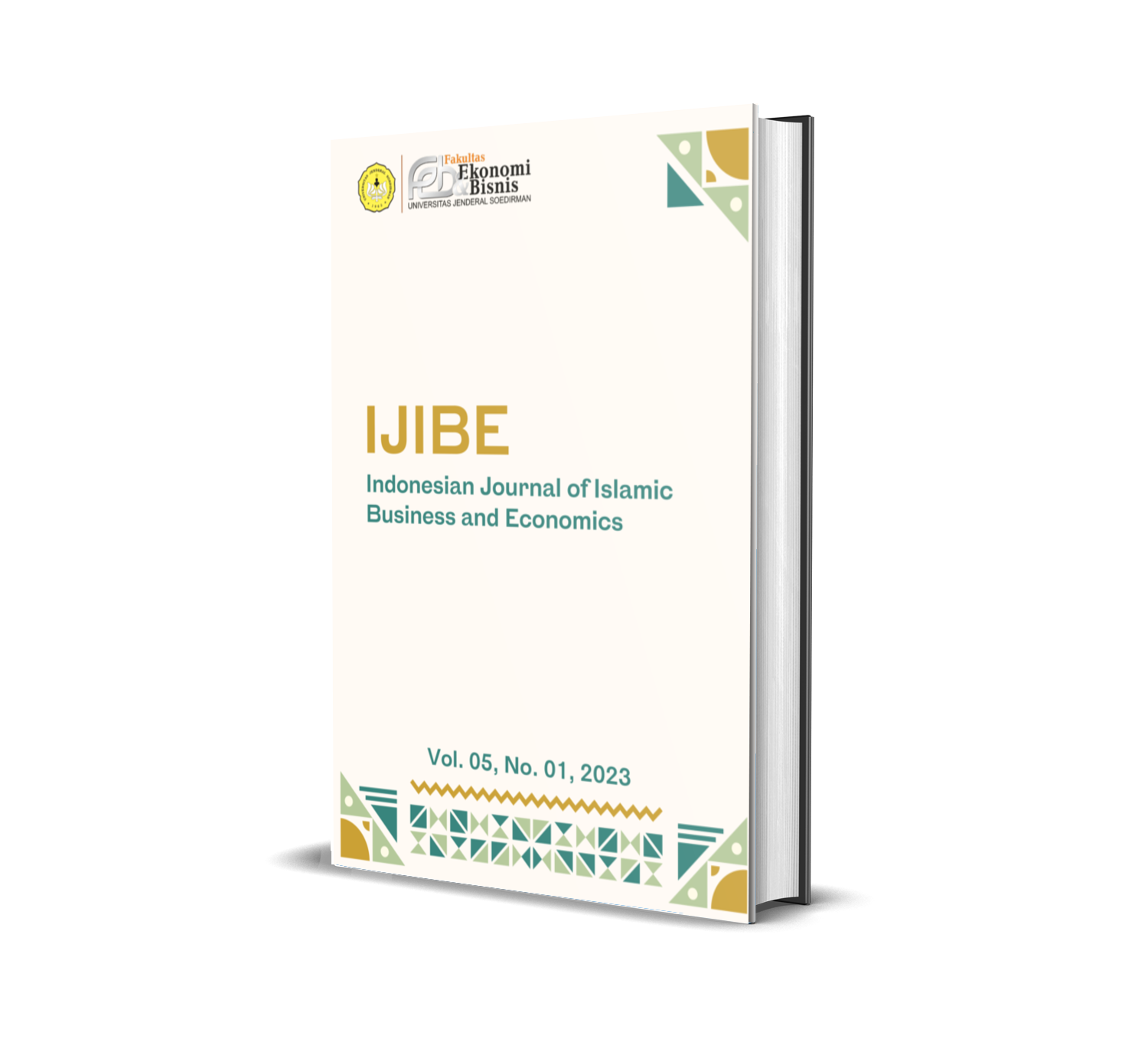The Effect of Religiosity, Literacy and Perception Levels on Students Interest in Saving in Islamic Banking
Main Article Content
Abstract
Sharia banks are banks that carry out their business activities based on Sharia principles. The market share of Islamic banks is still relatively low. Therefore, it is necessary to play an active role in all elements, one of which is Islamic banking academics. This study aims to determine the influence of religiosity, Islamic banking literacy, and perceptions of students' interest in saving in Islamic banking. The population in this study was students of the Sharia Banking Study Program, Faculty of Economics and Islamic Business, State Islamic University, Professor Kiai Haji Saifuddin Zuhri Purwokerto, the sample used was 89 respondents. Research methods using quantitative methods, data collection techniques using questionnaires, and documentation. Hypothesis testing using t-test and F-test using SPSS 21 tool.
The results showed that: (1) Religiosity affects the interest in saving in Islamic banking. (2) The level of Islamic banking literacy does not affect the interest in saving in Islamic banking. (3) The level of perception affects the interest in saving in Islamic banking. (4) Religiosity (X1), literacy (X2), and perception (X3) simultaneously affect interest in saving (Y) in Islamic banking. Based on these results, it can be said that the higher a person's level of religiosity, the higher one's interest in saving, then not only people who have literacy related to Islamic banking will be interested in saving in Islamic banking and better one's perception of Islamic banking, the higher one's interest in saving will be.
Article Details

This work is licensed under a Creative Commons Attribution-NonCommercial-ShareAlike 4.0 International License.
Authors who publish with this journal agree to the following terms:
- Authors retain copyright and grant the journal right of first publication with the work simultaneously licensed under a Creative Commons Attribution License that allows others to share the work with an acknowledgement of the work's authorship and initial publication in this journal.
- Authors are able to enter into separate, additional contractual arrangements for the non-exclusive distribution of the journal's published version of the work (e.g., post it to an institutional repository or publish it in a book), with an acknowledgement of its initial publication in this journal.
- Authors are permitted and encouraged to post their work online (e.g., in institutional repositories or on their website) prior to and during the submission process, as it can lead to productive exchanges, as well as earlier and greater citation of published work (See The Effect of Open Access).

